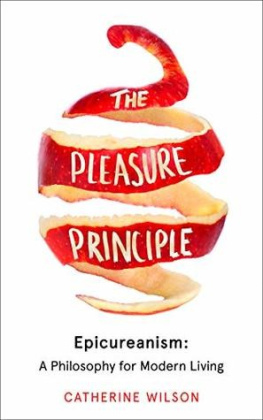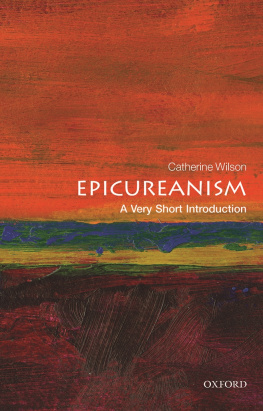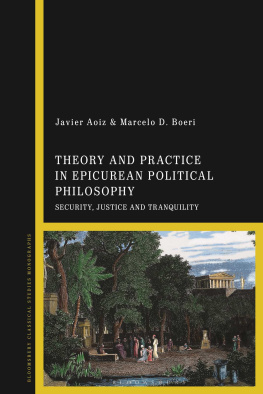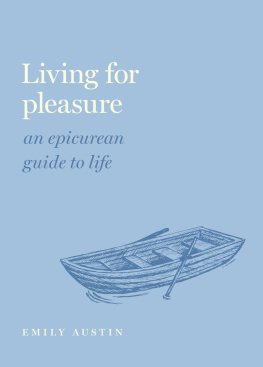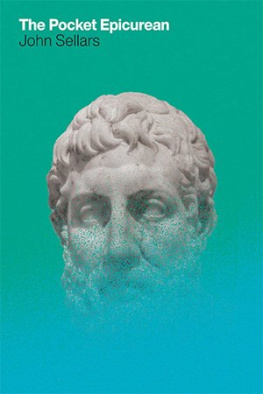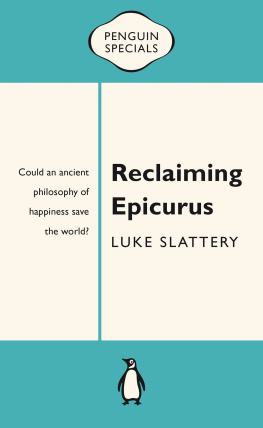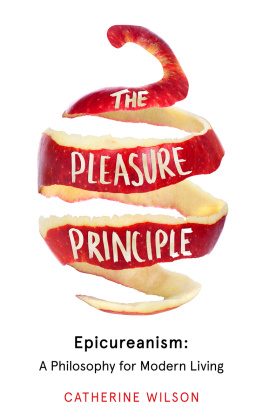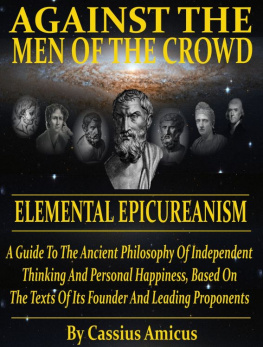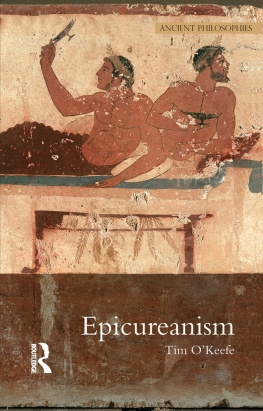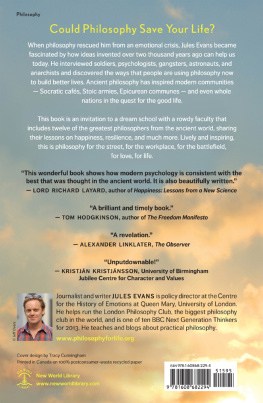Cover image copyright DEA/A. Dagliorti/De Agostini/Getty Images
Cover copyright 2019 Hachette Book Group, Inc.
Hachette Book Group supports the right to free expression and the value of copyright. The purpose of copyright is to encourage writers and artists to produce the creative works that enrich our culture.
The scanning, uploading, and distribution of this book without permission is a theft of the authors intellectual property. If you would like permission to use material from the book (other than for review purposes), please contact permissions@hbgusa.com. Thank you for your support of the authors rights.
Published by Basic Books, an imprint of Perseus Books, LLC, a subsidiary of Hachette Book Group, Inc. The Basic Books name and logo is a trademark of the Hachette Book Group.
The Hachette Speakers Bureau provides a wide range of authors for speaking events. To find out more, go to www.hachettespeakersbureau.com or call (866) 376-6591.
The publisher is not responsible for websites (or their content) that are not owned by the publisher.
Library of Congress Cataloging-in-Publication Data has been applied for.
P hilosophy wears garments of many colours and textures. It can stitch together intricate analysis or pretentious bafflegab, deep insight or pseudo-profundity, impartial advice or personal prejudice. It shows up, in flashy or drab form, not only in the lecture rooms of universities but in the New Age section of your local bookshop, shelved next to books about ESP and meditation. Regardless of its patchwork character, philosophy asks you to try to think for yourself, logically and coherently, to create order from chaos. You use ideas and frameworks developed by others, especially the great philosophers of the past, as scaffolding. But ultimately, you make and use your own system of the world in deciding what to believe, what to do and what to hope for.
My aim in this book is to build you a piece of scaffolding by introducing you to what, to me, is the most interesting and relevant of the ancient philosophical systems: Epicureanism, a theory of everything originating in the observations and ideas of the 3rd-century- BCE Athenian philosopher Epicurus and set into Latin verse by his 1st-century- BCE Roman follower, Titus Carus Lucretius. Although the world has changed since Epicurus wrote and lectured, the issues of money, love, family and politics that he dealt with remain with us in new forms. The Epicurean perspective remains, to my mind, relevant and valuable.
Epicureanism was one of the five major schools of ancient Greek and Roman philosophy, existing alongside and competing for adherents with Platonism, Stoicism, Scepticism and Aristotelianism. Unlike the city-based Platonists and Stoics, Epicurus had decided to live apart with his followers. His philosophical school was set in a garden (actually a grove), usually considered to have been located outside the city walls, where philosophy was discussed, meals were taken together, and books and letters were written.
Most of Epicuruss original writings were lost. The largest known collection of his and his followers writings, located in the town of Herculaneum near Naples, was buried in the ash and lava of the eruption of Mount Vesuvius in 79 CE . But Lucretius had seen and made use of them more than a century earlier, and several of Epicuruss philosophical letters and collections of sayings, as well as the reports of ancient commentators, survived.
Marcus Tullius Cicero, Lucretiuss Roman contemporary, took an interest in Epicureanism, though he criticised it heavily. His dialogues on religion and moral philosophy show how Epicureanism stacked up against its rival Stoicism, at least from Ciceros point of view. Largely but not wholly lost to medieval and Renaissance readers, Epicurean philosophy was revived in the 17th century, when it exercised a significant influence on moral and political philosophy, as well as on cosmology, chemistry and physics. The great utilitarian social reformers of 19th-century Britain, as well as the framers of the United States Constitution, paid homage to the Epicurean ideal of human welfare. And Lucretiuss Epicurean poem, On the Nature of Things, at first admired mainly for its elegant Latin, came to be considered a model for the vivid and memorable communication of abstract scientific ideas. At the same time, as you will see in what follows, Epicureanism had certain features that shocked, or at least unsettled, many who encountered it.
Before I start, more about me: as a lecturer, I have taught philosophy in the US, Britain, Canada and Germany. As a researcher I have worked in archives and libraries, published books and articles, and engaged in controversies with other academics. Many of my writings focus on the physical and life sciences of the 17th and 18th centuries, and especially on the concept of the microworld of subvisible organisms and material particles. But all along, thanks to early exposure as a teenager through volunteer activities and work camps, I have been interested in the problems of warfare, poverty and social justice. Both sets of interests are reflected in this book, which is addressed to some of the problems of modernity, both theoretical and practical, as they face us in contemporary life.
Like most readers, I am concerned about the array of political and economic problems affecting us and our children and causing us anxiety even when we live in conditions of affluence. There is increasing economic inequality, fostering resentment and violence; the corruption of democratic processes on a mass scale; the existential threats posed by climate change and nuclear, chemical and biological weapons; the depletion of environmental resources, including soil and water; the loss of plant and animal species, and the toxification of our air and our oceans.
The modern economy uses vast quantities of energy from oil and gas (and from the atom) to transform oil and other raw materials into consumer products, only a few of which make our lives better. The rest stuffs and fattens our closets and drawers and piles up as waste in landfills. And it does not make us happy. Mood disturbances, especially depression, afflict large segments of the population, and many people drink too much alcohol or are addicted to stimulants or tranquillisers. Over one-third of Americans are completely inactive, and sleep disturbances from artificial light as well as immune dysregulation arise from lack of exposure to natural sunlight. In effect, as one observer comments, humans have dragged a body with a long hominid history into an overfed, malnourished, sedentary, sunlight-deficient, sleep-deprived, competitive, inequitable and socially isolating environment with dire consequences. We live longer than most of our ancestors but in a sicklier fashion. And from every pain or deprivation, somebody benefits. Pharmaceutical manufacturers benefit from our sugar-induced diabetes and our mental-health problems; oil companies from the destruction of wilderness and poisoning of the atmosphere; the chemicals industry and their stockholders from the use of plastics; the automobile industry from the absence of public transportation; and the prison industry from the desperation and violence that characterise the poorest neighbourhoods.


